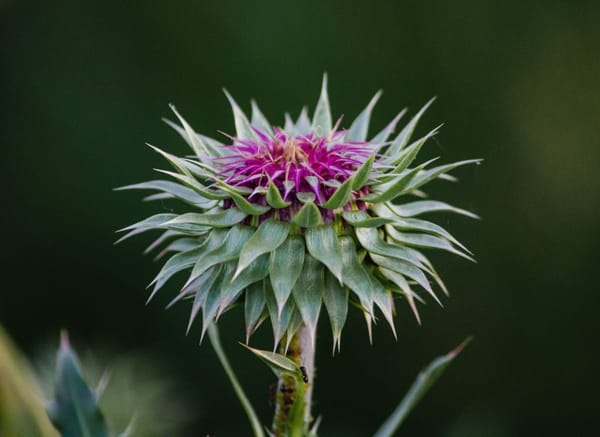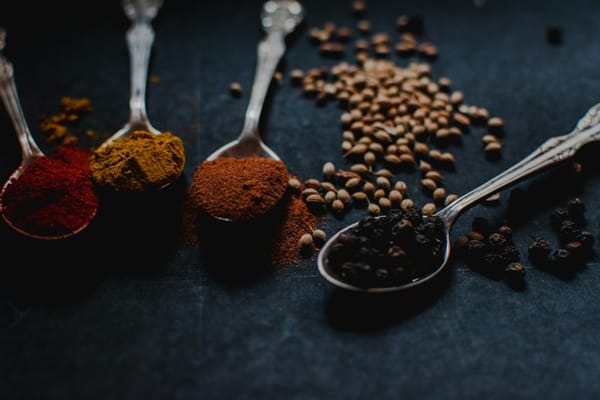Traditional Chinese Medicine (TCM) is an ancient healing system that has been practiced for thousands of years. Rooted in a holistic understanding of the human body and its relationship with nature, TCM offers a unique approach to health and wellness that continues to intrigue and benefit people worldwide.
Key principles of Traditional Chinese Medicine
Qi: The vital life force
At the core of TCM is the concept of Qi (pronounced "chee"), which represents the vital life force or energy that flows through all living things[1]. TCM practitioners believe that balanced and freely flowing Qi is essential for good health, while blockages or imbalances in Qi can lead to illness.
Yin and Yang: The balance of opposites
TCM is founded on the principle of balance between Yin and Yang - two opposing but complementary forces[2]. Yin represents the passive, cool, and feminine aspects, while Yang embodies the active, warm, and masculine qualities. Health is achieved when these forces are in harmony within the body.
Five Elements theory
The Five Elements theory (Wu Xing) is another fundamental concept in TCM[7]. It associates five elements - wood, fire, earth, metal, and water - with different organs, emotions, and natural phenomena. This interconnected system helps practitioners understand the relationships between various aspects of health and the environment.
Common TCM practices
Acupuncture
Acupuncture involves inserting thin needles into specific points on the body to stimulate Qi flow and restore balance[6]. It's widely used for pain management and various other health conditions.
Herbal medicine
Chinese herbal medicine utilizes a vast array of plant, animal, and mineral substances to create personalized remedies[5]. These formulations are designed to address specific imbalances and support overall health.
Dietary therapy
In TCM, food is considered medicine. Practitioners recommend specific diets based on an individual's constitution and health needs[5]. Certain foods are believed to have healing properties and can be used to address imbalances.
Qigong and Tai Chi
These mind-body practices combine gentle movements, breathing techniques, and meditation to promote the flow of Qi and enhance overall well-being[6][7].
Modern applications and research
While rooted in ancient wisdom, TCM continues to evolve and adapt to modern scientific understanding. Research has shown promising results for various TCM practices:
- Acupuncture has been found effective for chronic pain conditions and chemotherapy-induced nausea[6].
- Certain Chinese herbs have demonstrated potential in treating cardiovascular diseases and diabetes[3].
- Tai Chi has been shown to improve balance, reduce fall risk in older adults, and alleviate symptoms of fibromyalgia[8].
However, it's important to note that more rigorous scientific studies are needed to fully understand the mechanisms and efficacy of many TCM practices[3].
Integrating ancient wisdom with modern healthcare
As interest in holistic and preventive healthcare grows, TCM offers valuable insights that can complement conventional medicine. Its emphasis on personalized treatment, prevention, and the mind-body connection aligns well with current trends in integrative medicine[2].
While TCM has much to offer, it's crucial to approach it with an open yet critical mind. Consult with qualified practitioners and inform your healthcare providers about any TCM treatments you're considering, especially if you're taking medications or have existing health conditions.
Traditional Chinese Medicine, with its rich history and holistic approach, continues to provide ancient wisdom that can contribute to our modern understanding of health and wellness. As research progresses, we may uncover even more ways in which this time-honored system can benefit people in the 21st century and beyond.
Citations:
[1] https://www.ncbi.nlm.nih.gov/pmc/articles/PMC8683922/
[2] https://en.wikipedia.org/wiki/Traditional_Chinese_medicine
[3] https://www.ncbi.nlm.nih.gov/pmc/articles/PMC9504662/
[4] https://www.wildearthacupuncture.com/blog/2023/12/12/basics-of-chinese-medicine
[5] https://jscm.uk/tcm/dietary-therapy/
[6] https://health.clevelandclinic.org/chinese-medicine
[7] https://www.britannica.com/science/traditional-Chinese-medicine
[8] https://www.nccih.nih.gov/health/traditional-chinese-medicine-what-you-need-to-know















Member discussion